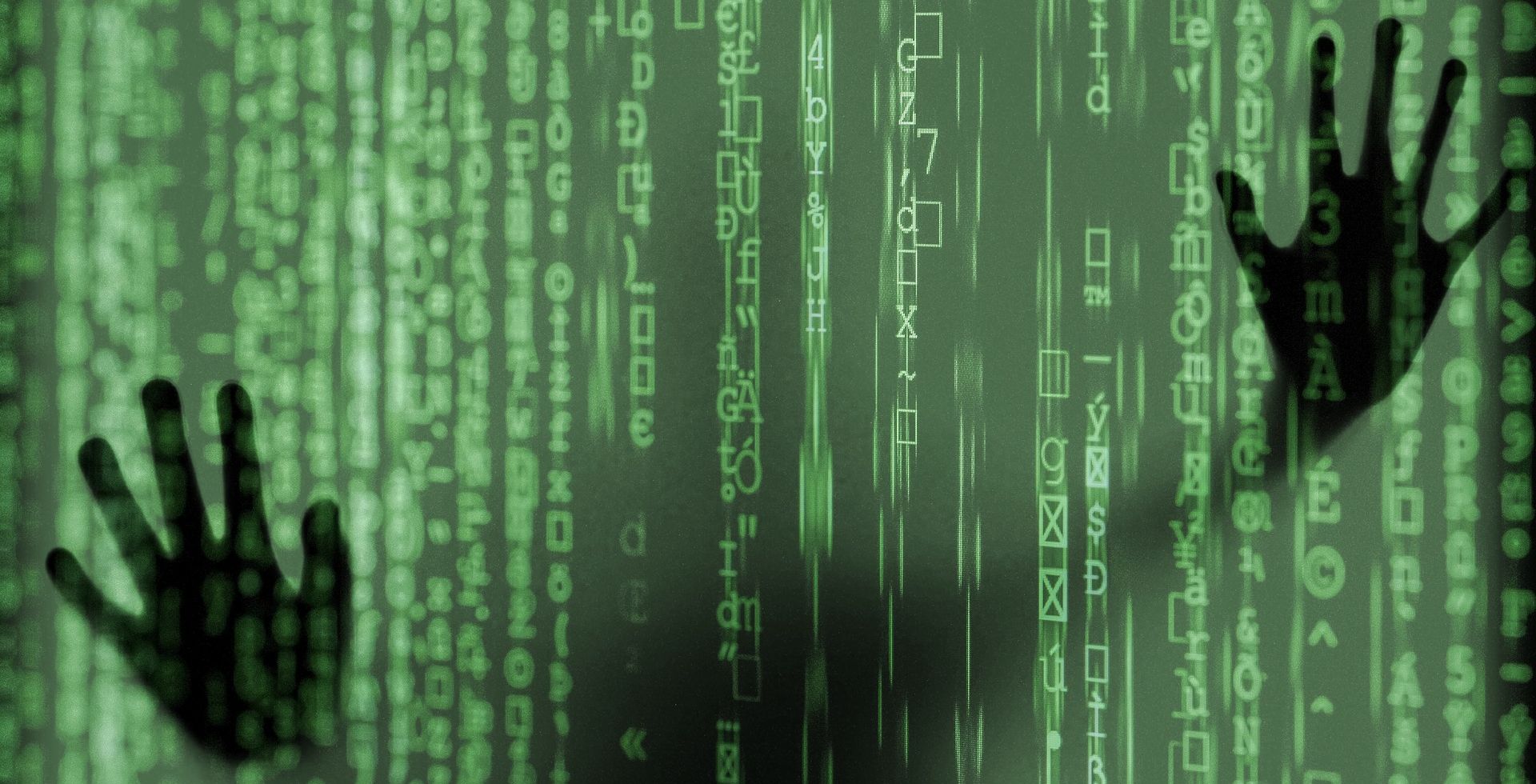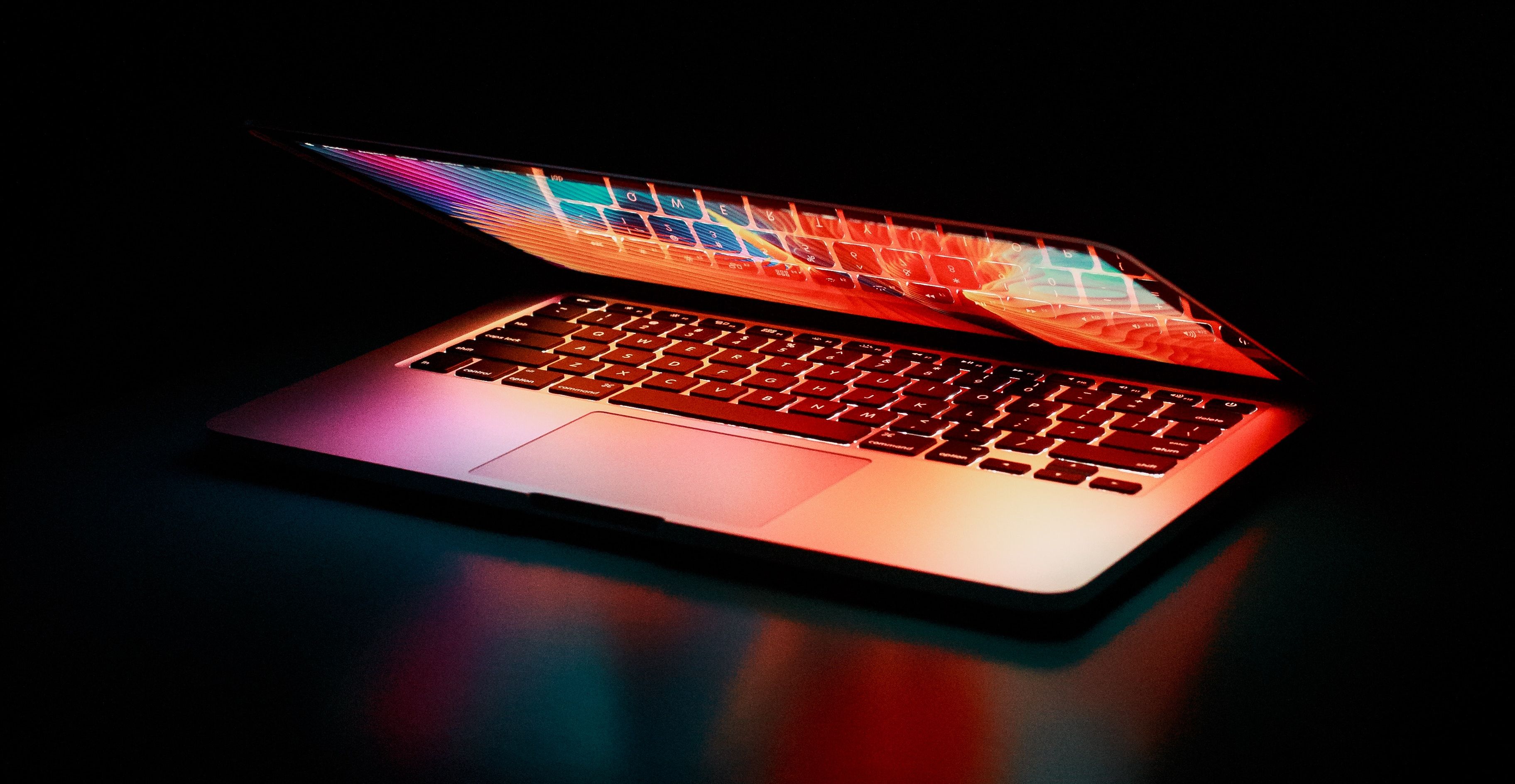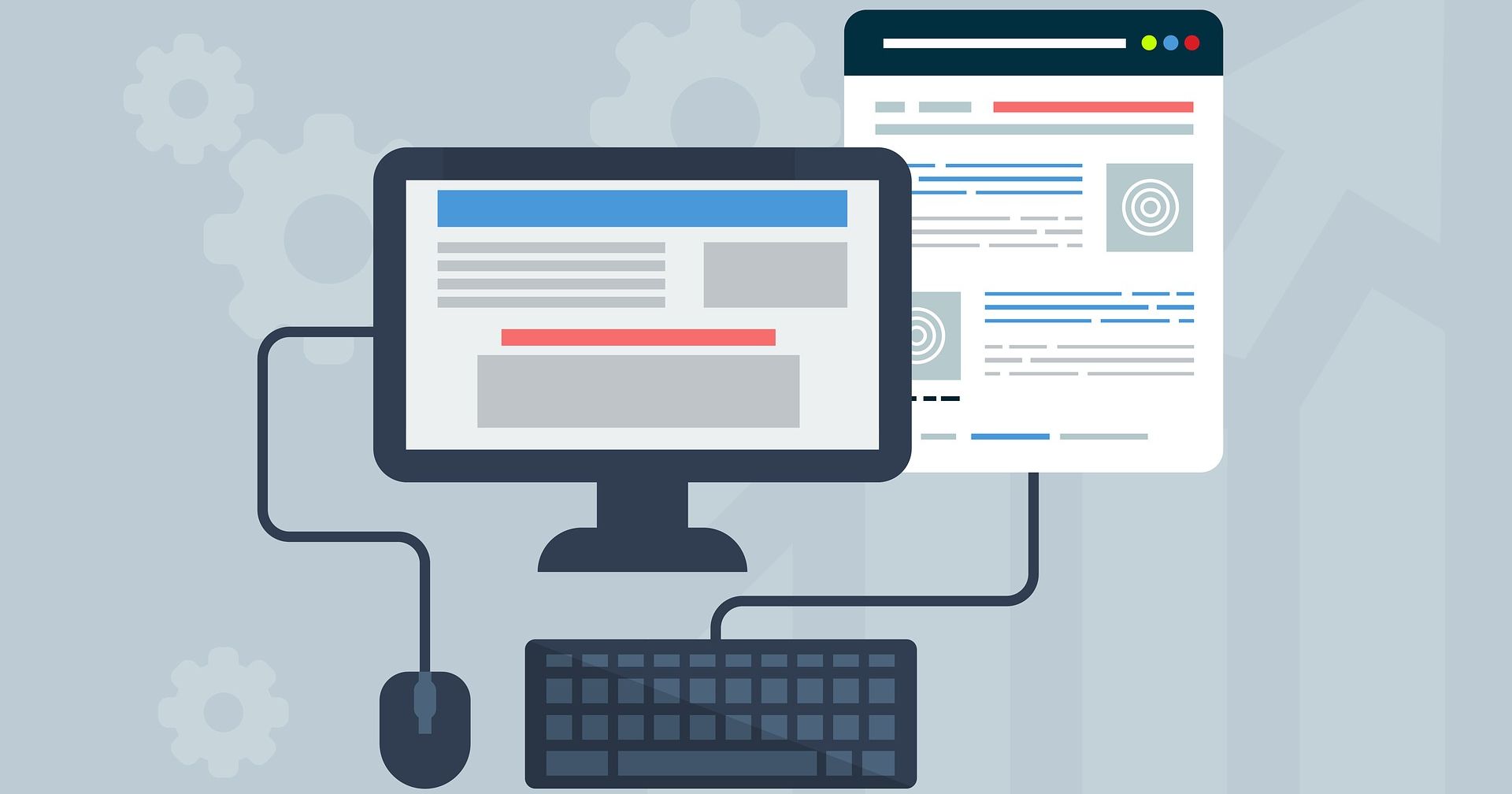The internet is an infinitely large virtual landscape that plays a role in almost all of our daily lives. Most of us know the internet as a place where we can learn, talk about, or shop for pretty much anything we want, but the creation of the “splinternet” has and will change this for millions of people around the world.
So, what exactly is the splinternet, and what effect will it have on us?
What Is the Splinternet?
While you may not have heard of the splinternet before, the word itself is by no means new, having been coined over 20 years ago by Cato Institute researcher Clyde Wayne Crews. This refers to an internet that has splintered into separate, smaller internets, or intranets. These are restricted by geographical borders and can block certain websites and content.
To understand the splinternet, imagine yourself going to a grocery store in a country on the other side of the world. You likely won’t find some of your favorite brands there, the prices may differ, and there may be things there that you’ve never seen before.
In a similar sense, if you were to use a fragmented intranet within the splinternet, you may not be able to access your favorite sites, or the sites you’d usually use may have been replaced with something else. For example, if you wanted to check your go-to news website, this may be replaced by a similar site that won’t provide you with the same information as the original.
But, what would be the point of curating and controlling the internet in this way?
The Purpose of the Splinternet
Today, the internet isn’t just for playing games and buying a new pair of shoes. People form their views on the world through the lens of the web, with so much information about politics, history, the environment, and just about everything else on offer. Even senators and district attorneys have their own Twitter accounts these days, so it’s safe to say that the internet has a considerable impact on society as a whole.
This is why certain governments want to have more of an influence on the online space that citizens are accessing. This tends to happen under more radical or controlling governments that want to circulate a certain line of information among the public under the belief that sovereignty should come before all else.
For example, if countries A and B are publishing critical or negatively-toned articles about country C, the government that runs country C may want to censor those articles so that its residents remain unaware of what might be going on.
Alternatively, a government may want to restrict the use of certain social media websites, or only allow the use of those that it approves of. Or, a government may want to restrict access to certain educational resources. There are a number of things that fuel the creation of the splinternet, which is what makes its existence all the more concerning.
So, should we be worried about the splinternet, or is it nothing more than an idea?
The Dangers of the Splinternet
Many believe that the splinternet is still purely conceptual. However, it is now becoming a worrying reality, with more and more regulators around the world choosing to closely monitor and control the internet that residents can access. The censorship of information through the splinternet can lead to a lot of misinformation and discourse among those who cannot access the traditional internet.
This is already happening to some extent in China. At the turn of the 21st century, the Chinese government began working on the GFW (or Great Firewall) project. The project involved the work of between 30,000 and 50,000 people and was fueled by the Chinese government’s view that the internet available to its citizens should be protected. Today, there are numerous filters that all online content must pass through before being made available to Chinese residents.
Through the Great Firewall project, a number of education and news sites have been blocked from Chinese users, including Wikipedia, Reuters, HuffPost, and BBC News. In fact, China began discussing plans to develop its own version of Wikipedia in 2017. On top of this, streaming sites like Netflix and Dailymotion are off-limits.
A number of social media sites have been banned, too, including Facebook, Snapchat, Twitter, and Instagram. Users are also banned from accessing Google. China does have some alternative social media outlets for its citizens, such as Weibo, but the sheer number of sites that cannot be accessed is still very concerning.
Given that China is the most populous country in the world, it’s fair to say that this affects a lot of people and their online experience. And, as the years pass, more and more additional laws and restrictions are being placed on internet use in China.
Some other countries are also planning to develop their own segmented internet, such as Russia. In fact, Russian citizens are already noticing that their access to certain sites is being restricted, particularly Facebook and Twitter. Facebook was banned initially, after introducing restrictions on state-owned media. But soon after, Roskomnadzor, Russia’s mass media regulator, announced that Twitter would be joining Facebook on its blacklist.
This is a huge decision on the part of Russia and has drastically changed the way through which Russian citizens can communicate online and access information. Russia has made various other threats relating to its online landscape and has even suggested that it may entirely cut off its citizens from the rest of the internet.
And, given that Russia is looking to follow in China’s lead in terms of internet censorship, we’ll likely be seeing more restrictions imposed on Russian citizens in the near future.
Splinternet Is Changing the Lives of Billions
Though many of us may never have to deal with a censored version of the internet, this remains to be a major concern for the billions of people living in countries that have developed or are developing a curated form of the web.
There’s no telling what the internet will look like in five or ten years, but we’ll likely be noticing more and more changes in the ways different countries choose to regulate and operate it.
Read Next
About The Author
Click Here For The Original Source.
————————————————————————————-




